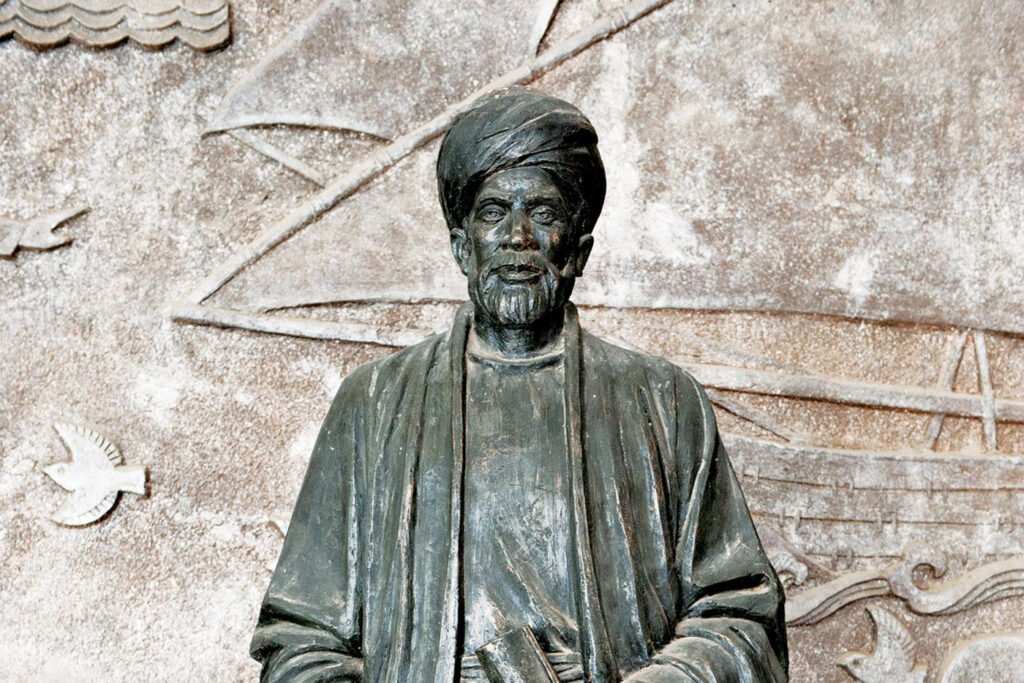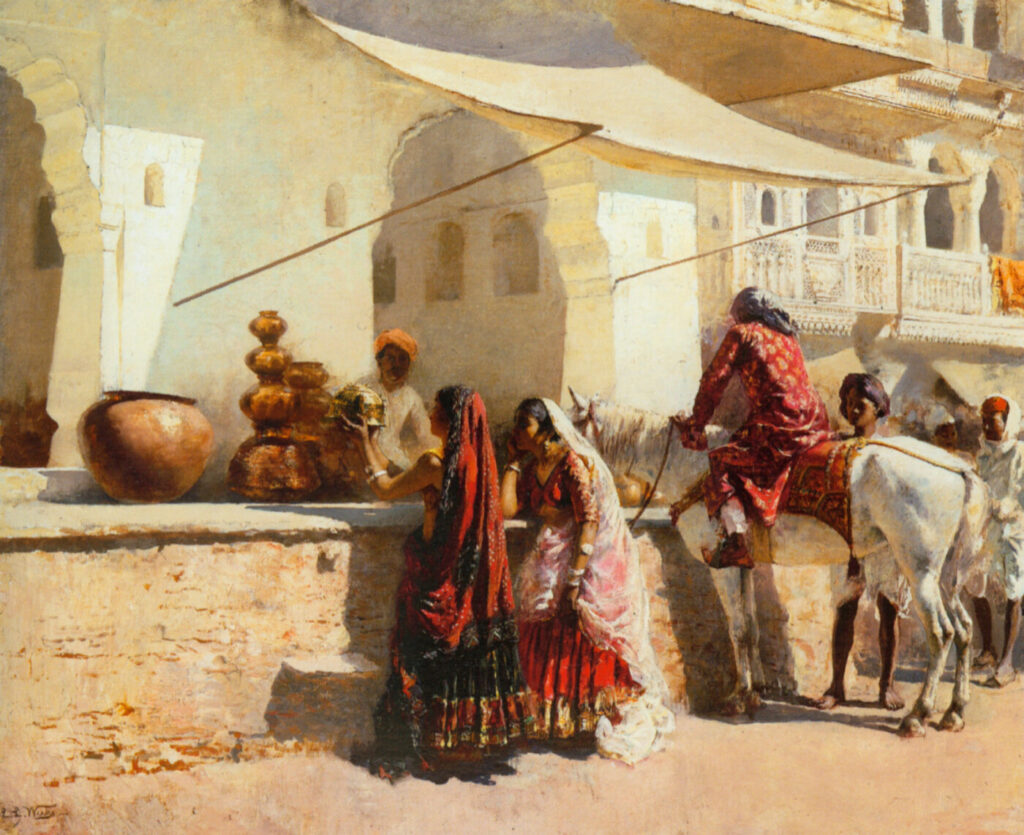
In the last article, we talked about the facts of biography, as well as about the first wanderings of Ibn Battuta. After exploring East Africa and the port cities, history continued to move forward.
After some time, the traveler reached the desert of Arabia, made a pilgrimage to Mecca for the third time, and reached Cairo along the already well-known path. However, a wild desire to travel pushed him to travel along new routes.

The traveler went through Asia Minor to the Black Sea and in 1332 Ibn Buttuta was in Crimea. Having examined the entire island, he went through the steppes to the Volga River in Astrakhan. In addition, Ibn Battuta moved along the frozen Volga and eventually called it “one of the great rivers in the world.”
Subsequently, Ibn Battuta went through the waterless lands of Kazakhstan to Bukhara and Samarkand, and then to the south. This road was not easy, as they had to overcome the high mountain passes of the Hindu Kush mountains. The name of the mountains translates as “killer of Hindus.” Despite the harsh conditions, Ibn Battuta and his caravan successfully arrived in Kabul.
READ: Ibn Battuta: The Life of One of the Greatest Arab Travelers
Interesting fact! The mountain received this name due to the fact that many slaves, when transported from Indian countries, died from the cold and due to the large amount of snow in these mountains.
However, Ibn Battuta and his caravan managed to overcome the harsh conditions and arrived in Kabul. This city was once huge, but now it is just a village inhabited by a tribe of Persians called Afghans.
According to Ibn Battuta, the Afghan majority controls the cities and passes, while many of the people are bandits. However, soon a colorful and rich India awaited them. In addition, the ruler of India, Sultan Muhammad Shah, greeted the rich Arab merchant with great honor.

In addition, it is known that Ibn Battuta in 1334 received the position of qadi of Delhi at the court of the Sultan. Despite his young age, the traveler already had extensive experience in travel and diplomacy, and spoke many languages. As a wealthy merchant visiting new cities, he quickly earned the respect of sultans and monarchs and became a favorite.
READ: Official State Language in the United Arab Emirates: Features of Dialects
Interesting fact! The messengers were ambushed while traveling through a forest, but one of them managed to escape and reported the attack to the Sultan in Delhi. In response, Sultan Muhammad Shah sent his friend on a sea expedition, but it was unsuccessful due to a storm.
The ship carrying the message from the Sultan to the Chinese Emperor sank during Ibn Battuta’s travels. Although he was unharmed, he no longer felt safe returning to Delhi, so he journeyed to southern India instead. Although Ibn Battuta himself was not injured, the traveler no longer dared to return to Delhi. He eventually set out again for southern India and reached the Maldives, where he lived for several years.
After this, Ibn Battuta visited an island called Ceylon. In this place, the traveler was amazed by the variety of precious stones. As Ibn Battuta wrote, “On the forehead of a white elephant I saw seven rubies, each of which was larger than a chicken egg.”
READ: Holidays on Saadiyat Island: Clean Beaches and Excellent Service Close to Abu Dhabi
Afterward, the wanderer returned to the Malabar coast, but his ship sank because they were attacked by pirates. They took away everything from Ibn Battuta, as he wrote: “They took away everything that I had and that I managed to save for a rainy day, they took away pearls and precious stones given to me by the ruler of Ceylon, a dress and travel supplies, without even leaving any clothes except for the pants.” Later, the traveler managed to get to Delhi, where he met his merchant friends, who sympathized with Ibn Battuta and helped him with money so that he could get home.